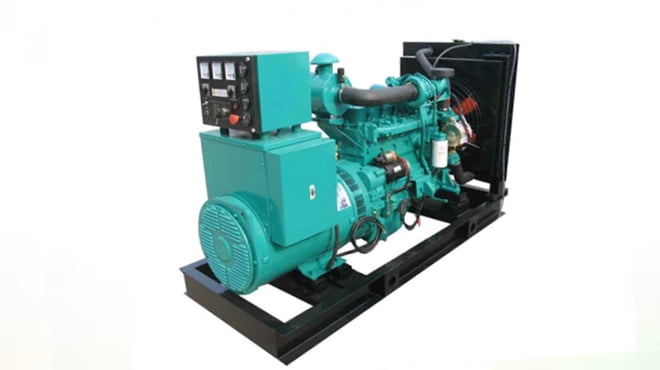A lack of reliable electricity supply in southern Africa has created an opportunity for diesel generator set production.
Southern Africa’s extreme dependence on South Africa to meet its electricity requirements is intensifying the need for diesel genset assembly plants in the country.
As there are no production facilities in the region, all gensets are currently imported.
This means that if companies were to manufacture and assemble gensets in South Africa they would gain distribution opportunities in the entire southern African region.
“The lack of reliable power in southern Africa is heightening the demand for self-generating power, with residential, commercial and industrial customers eager to deploy gensets,” said Frost & Sullivan energy and environment industry analyst Tilden Hellyer.
“The primary application of gensets – in South Africa specifically – will form part of the backup power for industries and businesses rather than that of prime power use, as seen in the rest of the region. This is primarily due to the stability of the electricity grid which is currently in excess supply.”
In a recent publication – Growth Opportunities in the Southern Africa Diesel Generator Market, Forecast to 2019 – Frost & Sullivan found that Mozambique demonstrated the highest revenue growth potential at 13.1% until 2019. While South Africa will not grow as rapidly, it will still have the greatest market share in terms of revenue. Namibia and Botswana are the least favourable markets in southern Africa.
In a statement the organisation said that many of the countries in the region relied on South Africa to close the electricity deficit; therefore, when South Africa implements load shedding, several countries are also negatively affected. South Africa needs to power itself as well as assist neighbouring countries, but when it stabilised the grid, the genset market contracted dramatically in South Africa.
“Going forward, climate change and the green economy will play vital roles in adoption of diesel generators,” said Hellyer. “Manufacturers that offer gensets with reduced noise and air pollution levels are more likely to find acceptance among end users. This is especially true in South Africa, where carbon taxes are to be implemented in 2018.”
